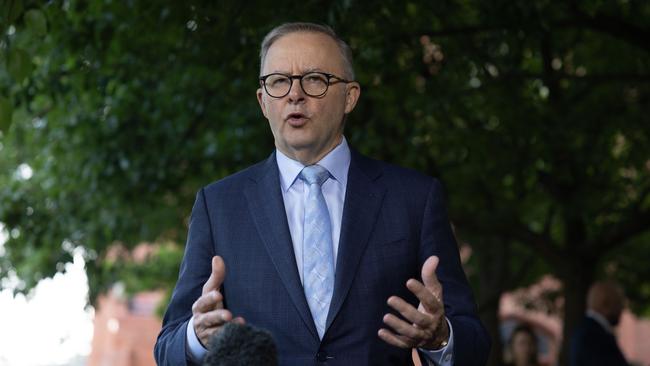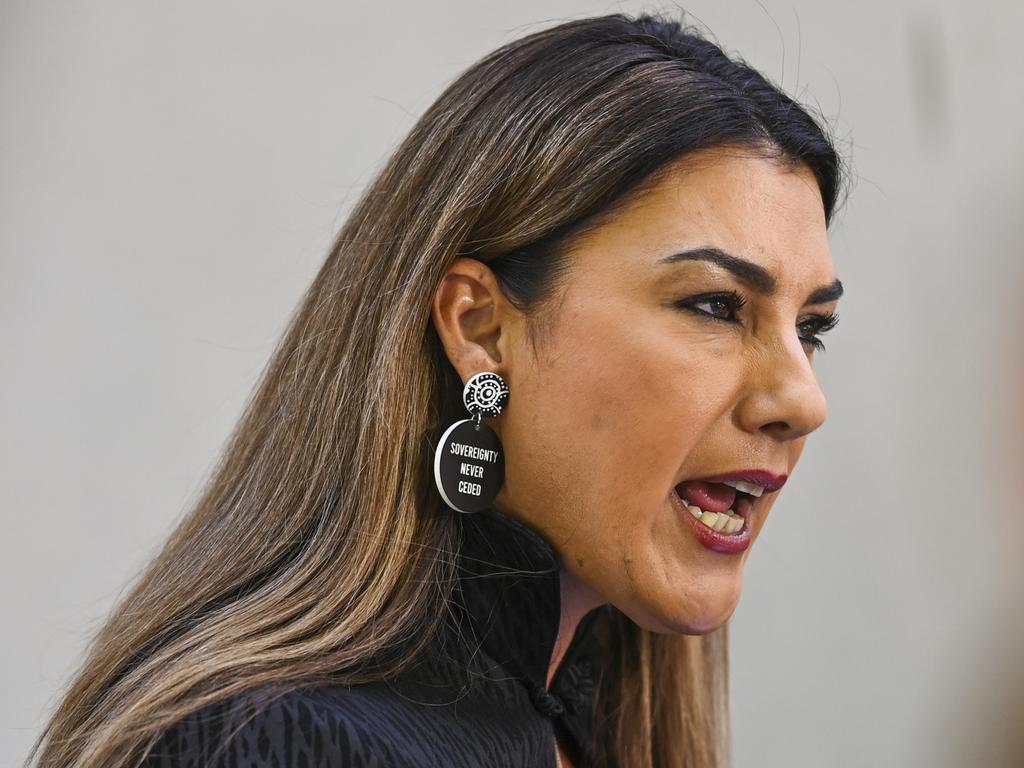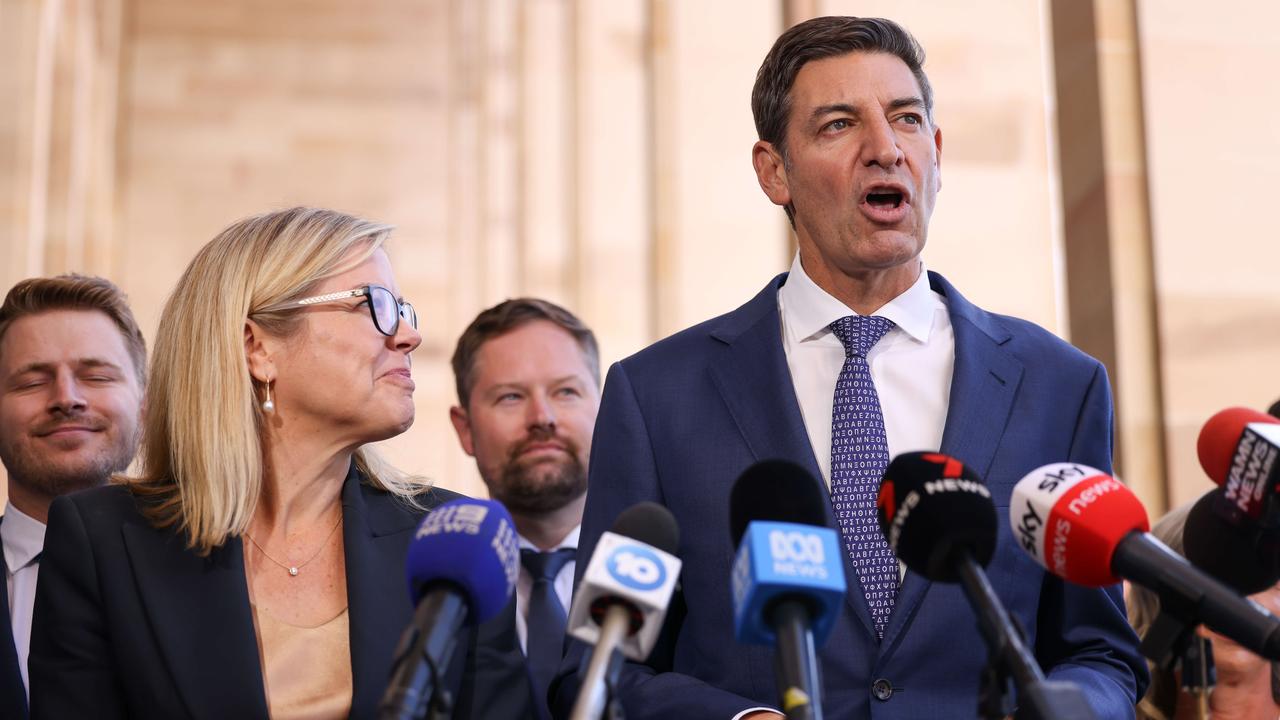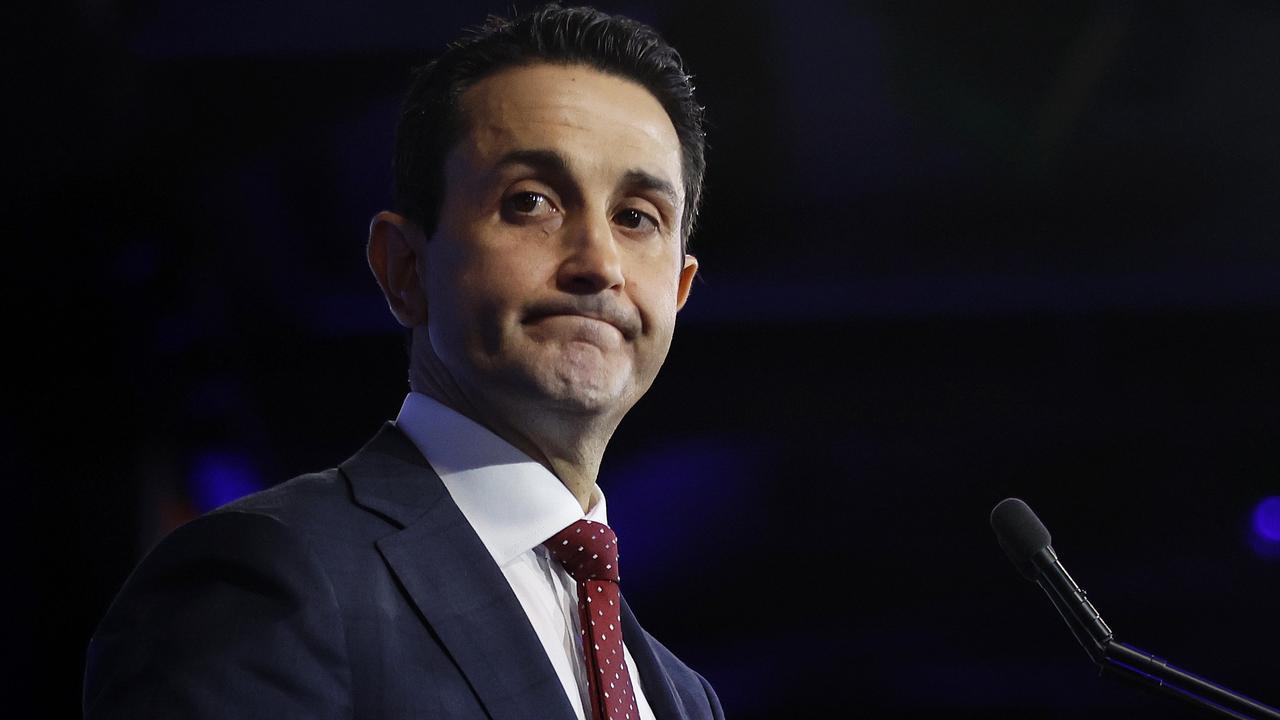
The Prime Minister has been forced to endorse alcohol bans he refused to adopt last year, and has opposed since, despite evidence and pleas from people on the ground – including his own MPs.
This victory for political reality could also mean Albanese will be mugged into another strategic retreat – on his handling of the campaign for an Indigenous voice to parliament as demands for more detail multiply and new challenges emerge.
Lidia Thorpe’s creation on Monday of a black sovereign movement demanding sovereignty and a treaty before a voice to parliament, and opposition pleas for more detail to avoid a fatal lack of bipartisanship, are only adding to confusion and fears about the referendum.
The reintroduction of grog bans were not Albanese’s choice and there is now a greater likelihood that his decision to refuse to supply details or explanations of how the voice will work in practice will also change.
Albanese is convinced he can get a successful referendum result without detail, but the government was convinced alcohol bans did not have to be extended either.
The Northern Territory retreat, which included a last-minute flying visit to Alice Springs, agreeing to immediate grog bans and, now, permanent bans on alcohol, was a long time coming but inevitable as people were told the terrible truth of social breakdown.
Albanese has been behind and out of step on what has been happening in the Northern Territory since July last year, as has the Northern Territory Labor government. Peter Dutton, the Coalition, Indigenous leaders and even Labor MPs have all been pointing to the reality and the need for urgent action.
The crisis in Alice Springs, once properly reported, coalesced with Albanese’s pledge for a voice to parliament and raised the crucial question of what practical help a voice to parliament would give to Indigenous people.
A Newspoll survey has shown that the biggest single objection to supporting the voice to parliament – 67 per cent – is that it won’t fix problems facing Indigenous Australians.
This is the practical reality that forced Albanese to change tack on the grog bans and have forced the PM and his colleagues to concede in just the past two weeks that if the referendum is successful there won’t be a legislated voice to parliament until 2025, after the next election; that voice representatives want to be included in national cabinet and will expect early and immediate access to executive government policy making – and, according to Albanese himself, that it will affect “all levels of government”.
Trying to ignore the violence and disorder in Alice Springs didn’t work and it is likely, reluctant as he is, Albanese will have to realise ignoring the calls for details and answers to how the voice will operate won’t work either.





Anthony Albanese has been mugged by the practical and political reality of the crisis in Alice Springs.